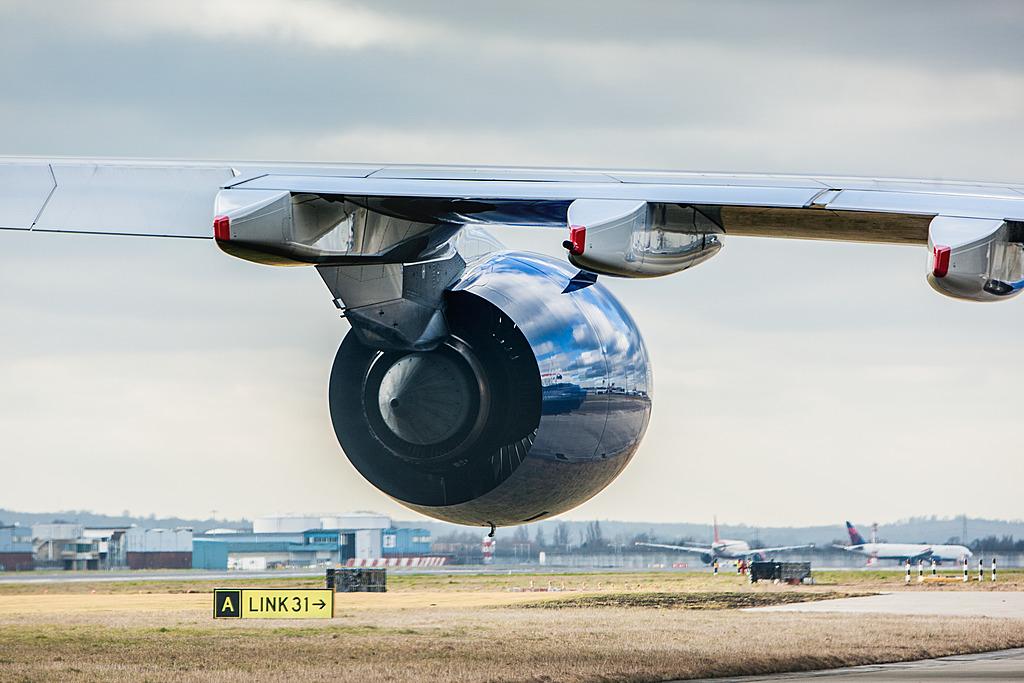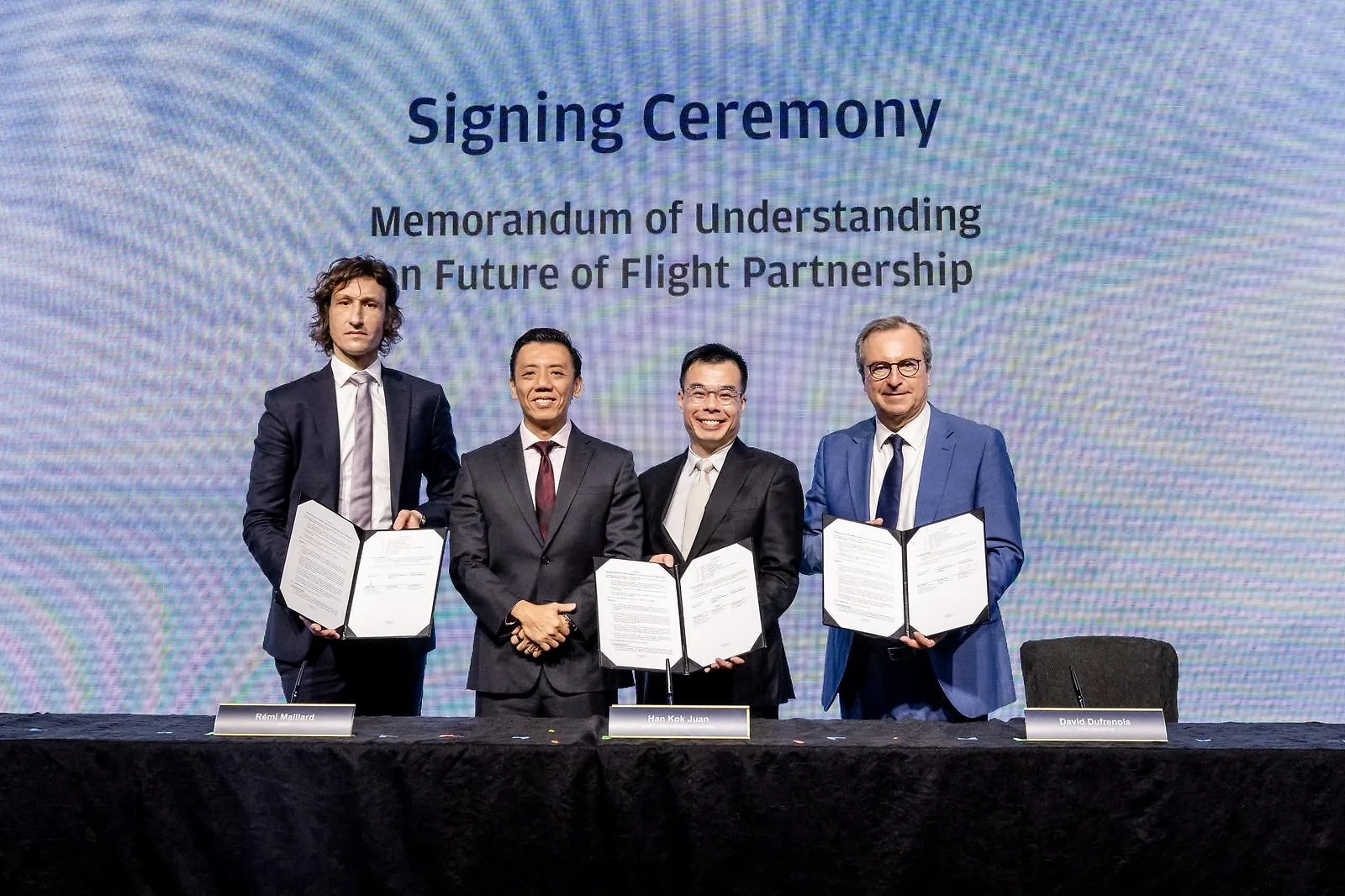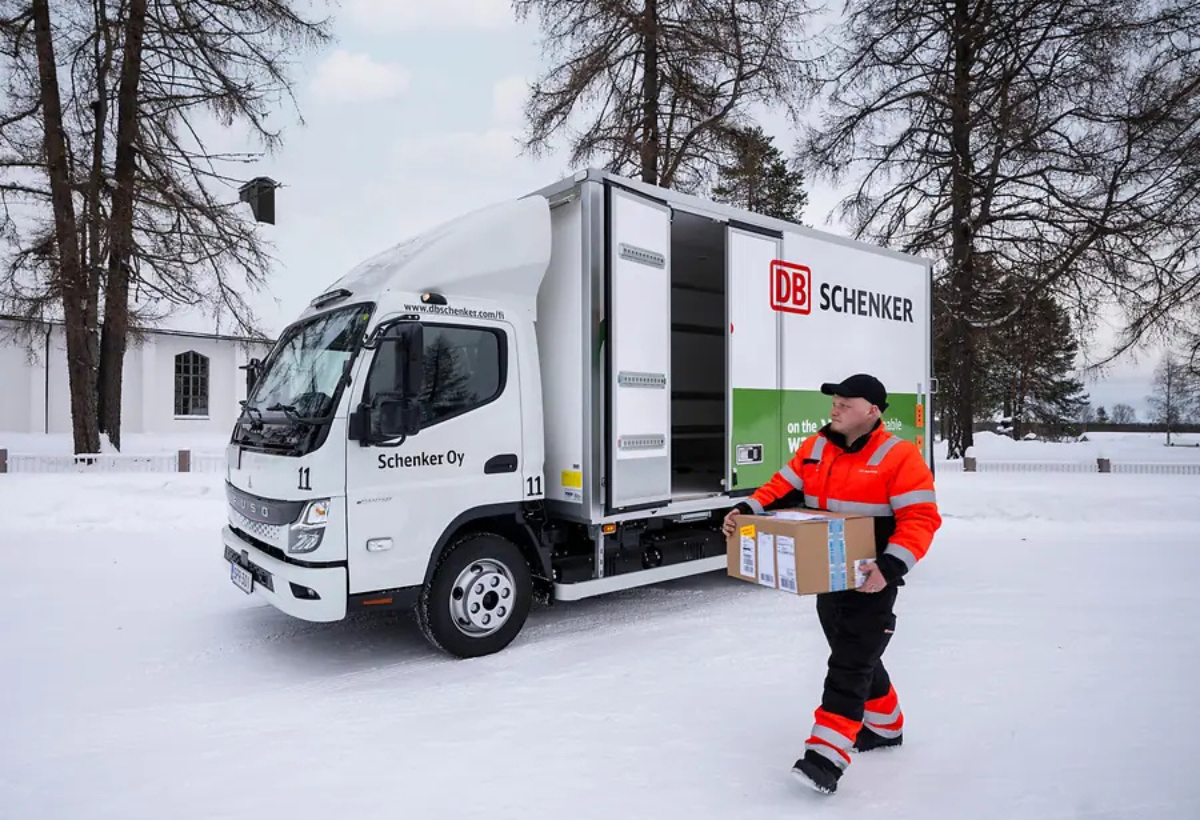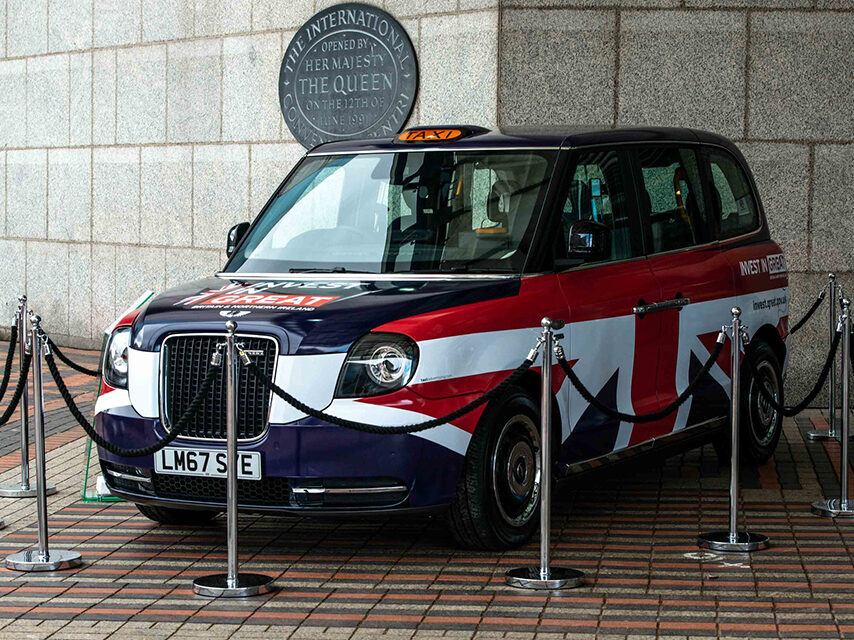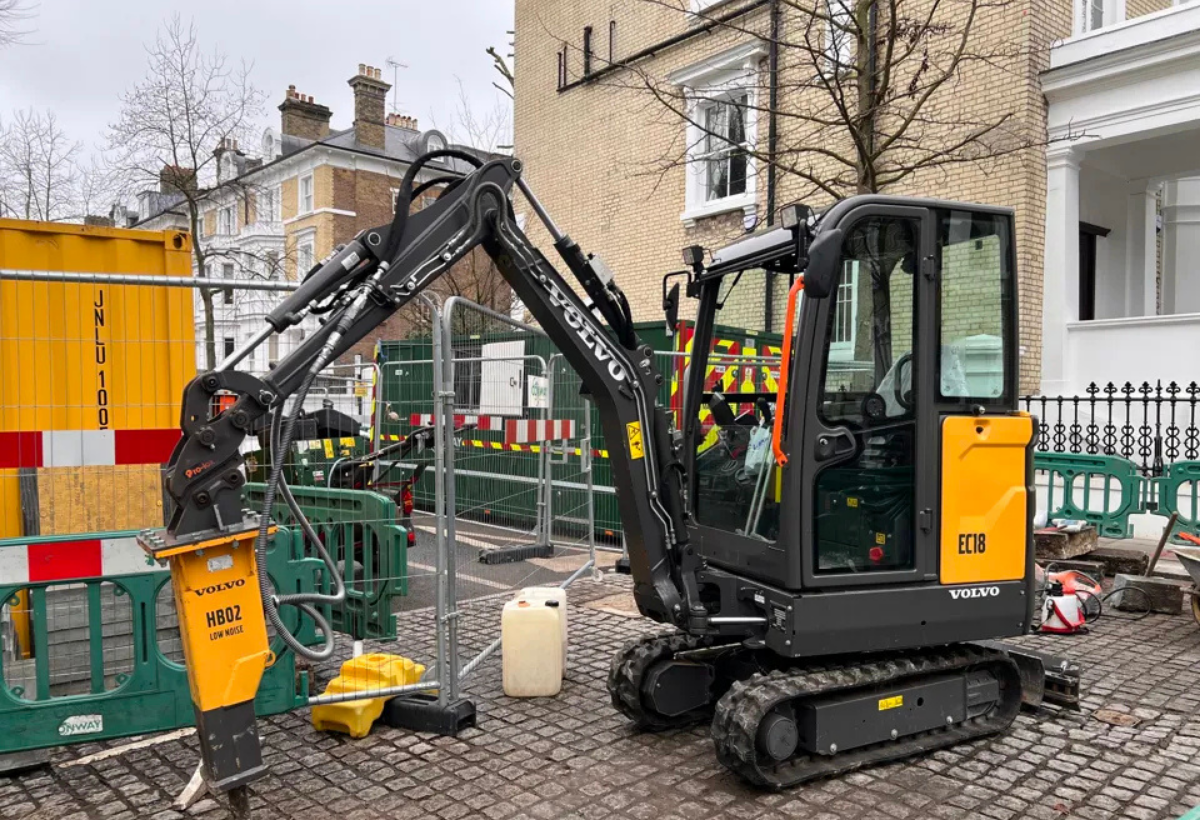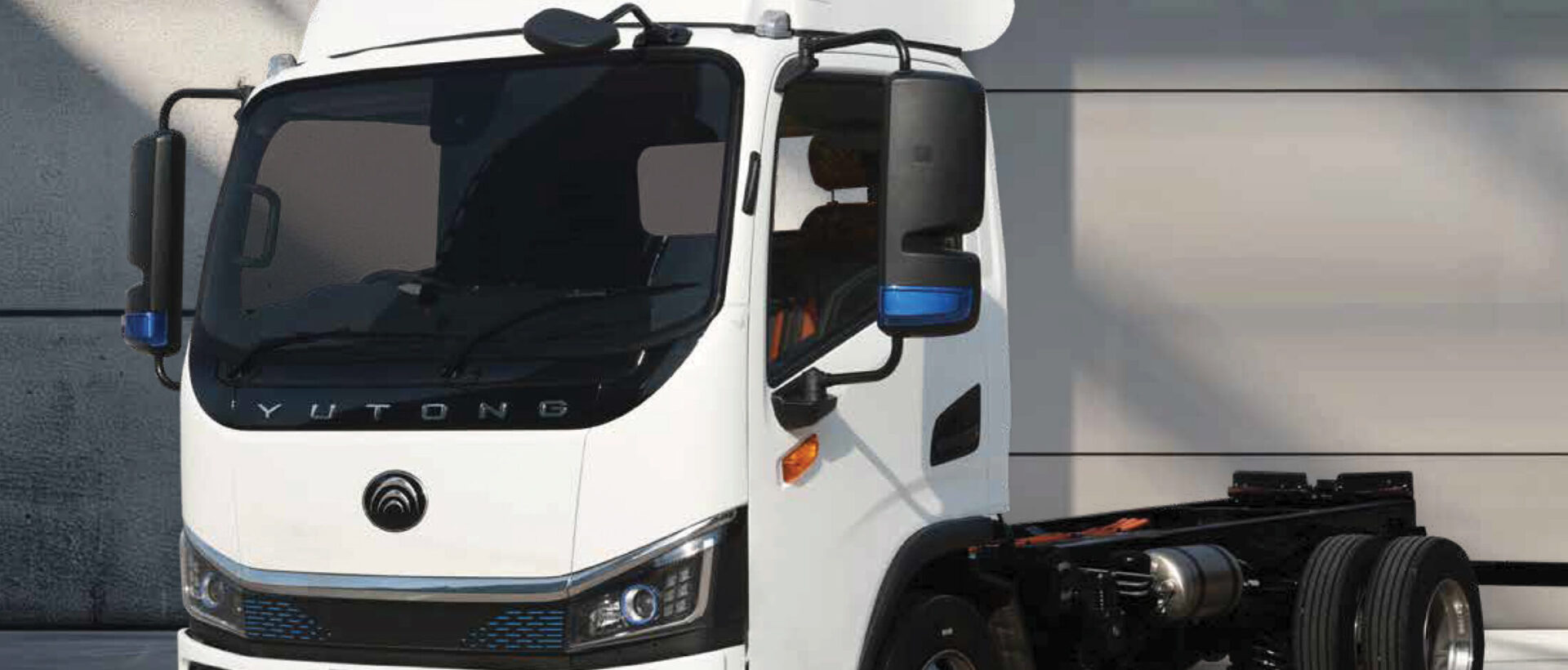Airbus has provided an update on its roadmap for future hydrogen-powered commercial aviation operations, including the announcement of plans to prepare a new single-aisle aircraft for launch as early as 2035 and further information on its revised ZEROe project roadmap.
Speaking at the 2025 Airbus Summit, the company solidified its commitment to introduce a commercially viable hydrogen aircraft to the market, putting forward a number of key technological building blocks it plans to utilise in enabling its introduction.
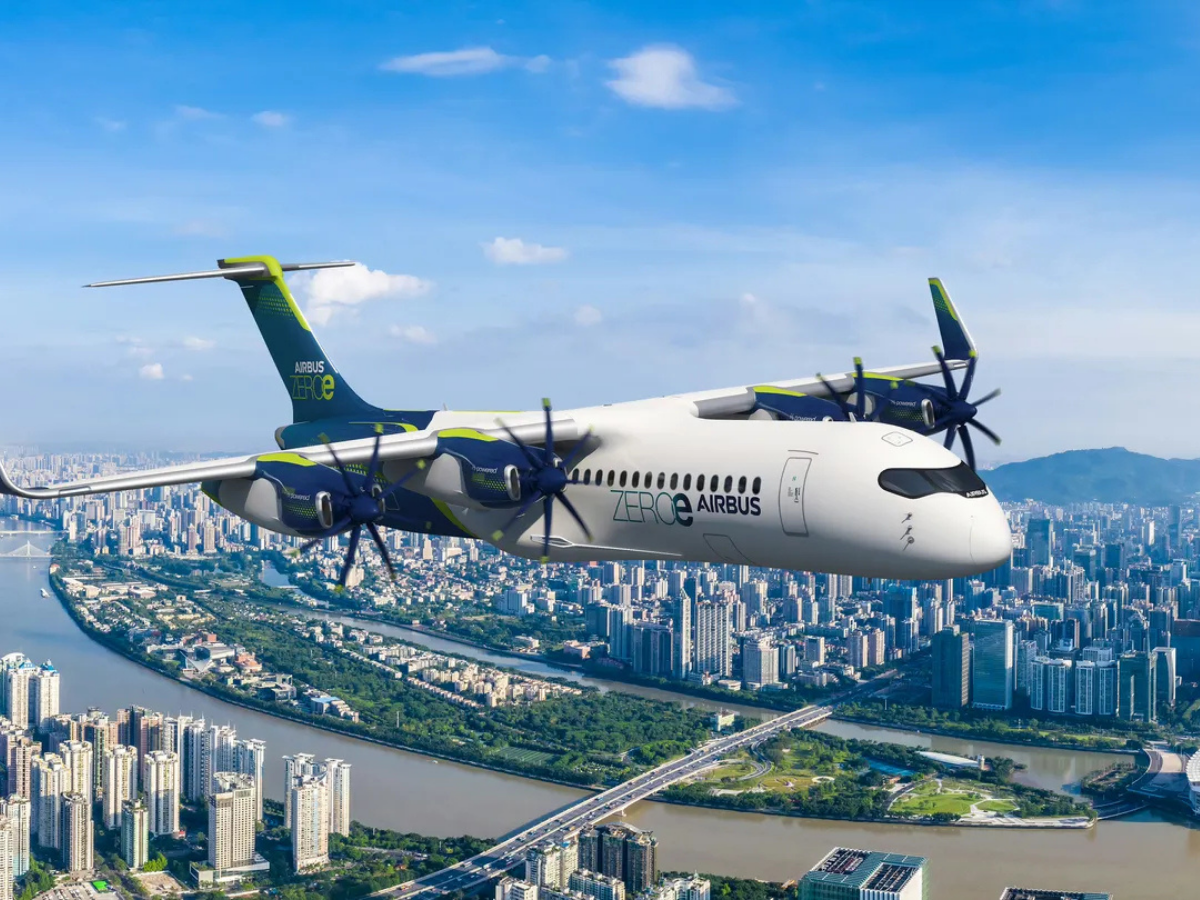
Said technologies include a set of four, 2-megawatt electric propulsion engines driven by a fuel cell system converting hydrogen and oxygen into electrical energy.
The technology, which Airbus states will be refined over the coming years, would be supplied to a prospective hydrogen aircraft via two liquid hydrogen tanks.
Airbus Head of Future Programmes, Bruno Fichefeux says, said:Hydrogen is at the heart of our commitment to decarbonise aviation. While we've adjusted our roadmap, our dedication to hydrogen-powered flight is unwavering.
Just as we saw in the automotive sector, fully electric aircraft powered by hydrogen fuel cells have the potential in the longer term to revolutionise air transport for the better, complementing the sustainable aviation fuel pathway.
Airbus Head of the ZEROe Project, Glenn Llewellyn, adds:Over the last five years, we have explored multiple hydrogen-propulsion concepts, before down-selecting this fully electric concept. We are confident it could provide the necessary power density for a hydrogen-powered commercial aircraft and could evolve as we mature the technology.
In the coming years, we will concentrate on advancing the storage, distribution and propulsion systems, while also advocating for the regulatory framework needed to ensure these aircraft can take flight.
Airbus first demonstrated its 1.2MW hydrogen-propulsion system in 2023, with subsequent end-to-end testing of an integrated fuel cell stack, electric motors, gearboxes, inverters and heat exchangers taking place throughout 2024.



